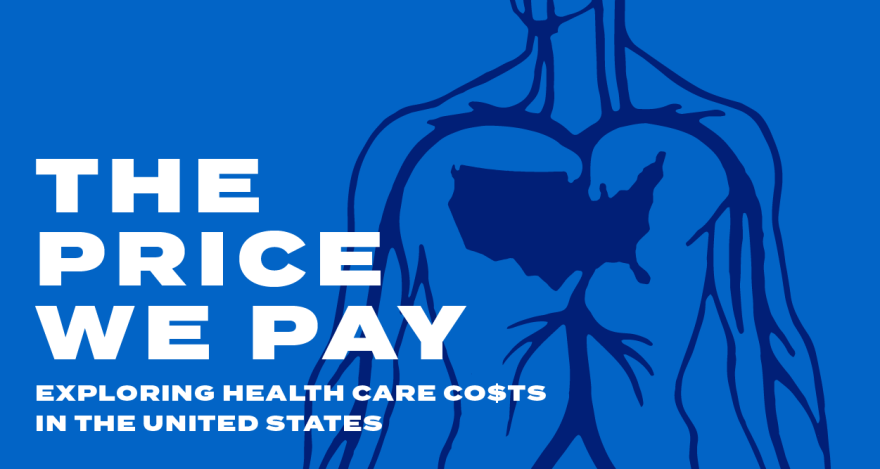MANAGING YOUR HEALTH CARE COSTS
PART 1
The U.S. spends twice as much on medical care per person than other wealthy countries. That has led to a health care system that’s rich in resources, but with health outcomes that are remarkably poor.
PART 2
Research and data shows social determinants of health are leaving Americans sicker while spending more on health care. In Part 2 of The Price We Pay, we examine how social drivers of health aren't necessarily something we think of when considering health care — but we should.
PART 3
Working-age Americans are dying prematurely. You can learn a lot about why by looking at what’s happened in Taylorsville, a small community 60 miles northwest of Charlotte. In Part 3 of "The Price We Pay," WFAE's Dana Miller Ervin looks at how job loss, education and health are linked.
PART 4
In 2021, Americans will spend more than $ 4 trillion on health care, and the federal government expects that number to rise even more in the coming years. Costs are growing faster than the economy, and employers and people with commercial insurance coverage are covering a big portion of those bills. In Part 4 of WFAE's series The Price We Pay, reporter Dana Miller Ervin explores why, starting with rising hospital costs.
PART 5
It's estimated Americans spend $1 trillion a year on health care administration — more than we spend on Medicare. A study shows a quarter to half is wasted on things only necessary due to the complexity of our health care system.
PART 6
Patients in the United States pay 2 1/2 times more for the same medications than those in other countries. The system leaves some cashing in their life savings to afford medicines like Revlimid.
PART 7
The growing role of private equity in U.S. health care is generating a lot of debate and raising a big question: Is the priority patient care or making money?
PART 8
You may have heard that generic drugs on the U.S. market are essentially the same as brand-name medicines but for less money. While it's true that they're the same chemical entity, overseas manufacturing in some cases calls quality control into question, says Sanford University professor Kevin Schulman. He explains the problem on Part 8 of our series The Price We Pay.
PART 9
Americans are less healthy than people in other wealthy countries, and we spend about twice as much on care. We look at what the government can do and what it has difficulty doing.
PART 10
Rising health care costs are a burden on many employers and employees. In Part 10 of The Price We Pay, WFAE's series examining the American health care system, we look at how a number of big and small businesses have been trying to contain those costs.
PART 11
Investors have been pouring billions of dollars into health AI, and it’s already changing medicine. Scientists are using AI to detect disease before it becomes difficult and expensive to treat, and it’s helping them to streamline research.
RELATED COVERAGE: HEALTH
RELATED: HEALTH CARE AND THE 2020 ELECTION
































